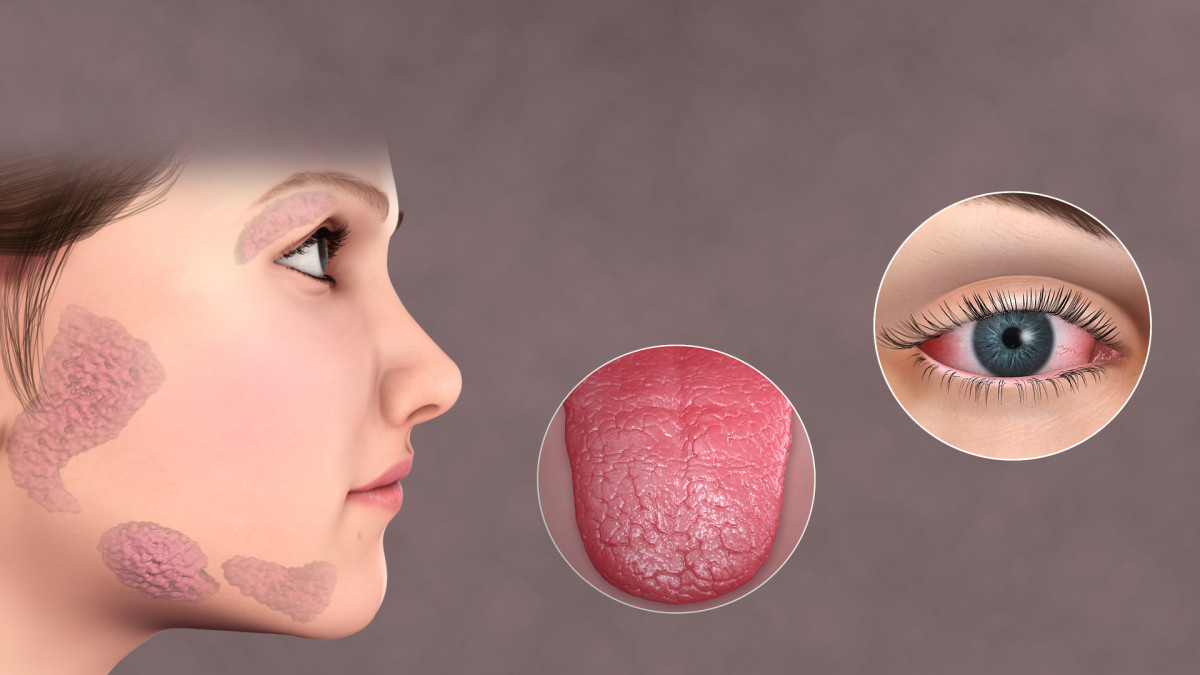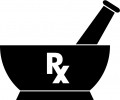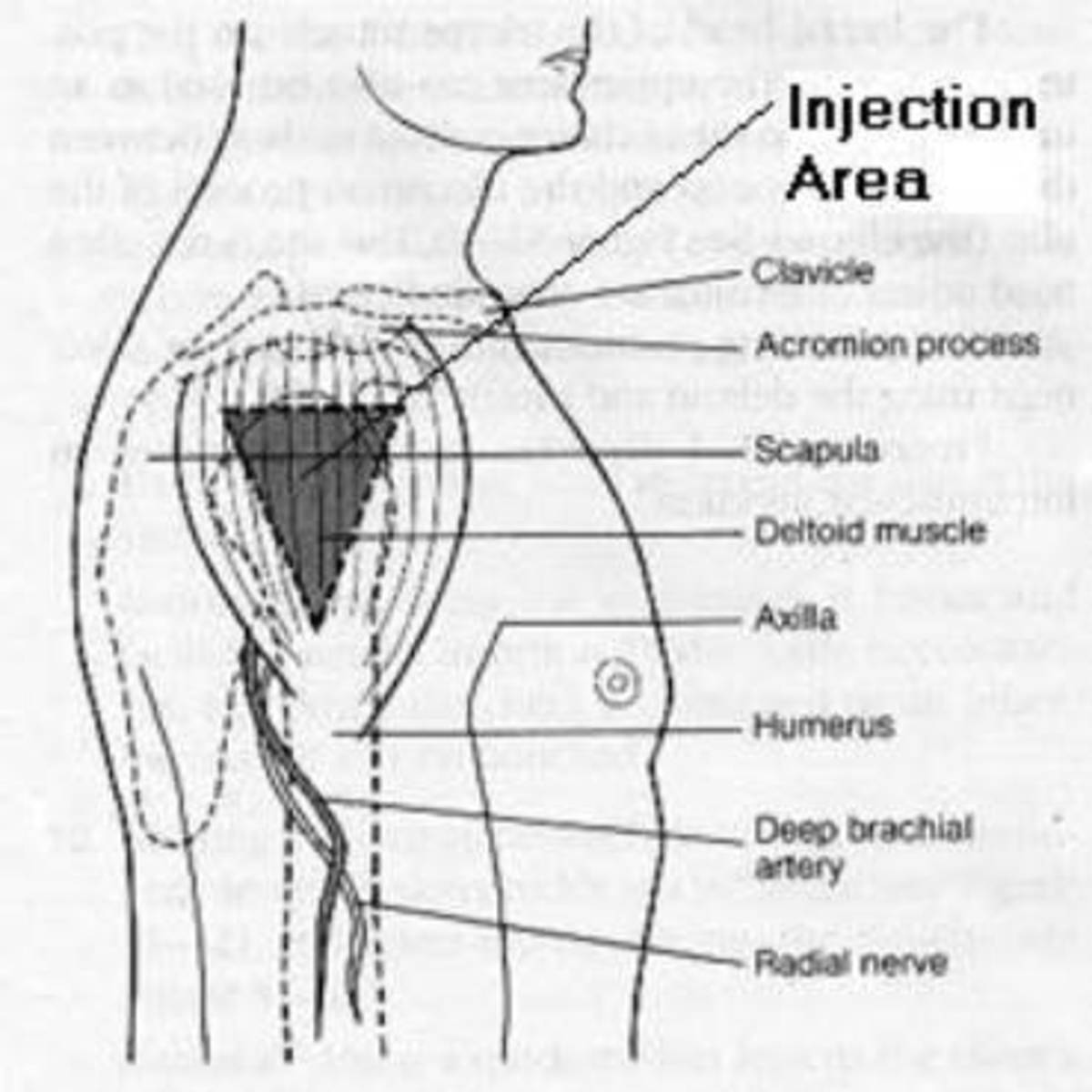Is What's in Your Record A Minor Mistake Or Harmful?
Come Join Us!
Check other hubs in our Health category!
- Constant Nausea: What Could It Be?
Today, I'd like to share a personal medical journey. My hope is that it will help others find a correct diagnosis and treatment as my story begins and ends in two very different places. How it Started My... - Just Irregular Breathing and Snoring Or Something More?
When we live with our partner (whether husband/ wife/ significant other, etc.), we are going to observe that person sleeping at some point. If you notice irregular breathing and snoring, it might mean... - Migraine Headaches
Symptoms For those of us who get them, we know. It can bring much anticipated plans of spending time with friends and family to a grinding halt. It can feel like a knife stabbing in the head or unbearable... - Cholesterol is not the enemy
We are all usually provided with the same information about how cholesterol is harmful to us. But is it, really? - Sneaky Ways to Get Exercise
We all know how important it is to exercise, yet there are still so many of us who just don't do it. We don't do it because we are too busy, too tired, or other reasons/ excuses. I know that I spent too many... - Potty Training Troubles - Is it stubbornness, or something more?
Are you and your child struggling with potty training? Are you getting really frustrated over the delay? It may not be just simple stubbornness.
When we go to our doctor's office, we interact with several people who affect our medical records.
To start with, we've already spoken with someone who pulled up our record to make the appointment and document why we need an appointment before we even walked in the door. Then, we talk with the nurse or medical assistant once there who takes us back to the patient room and checks plus records our vitals in addition to why we are there. After that, we finally go over everything again with the actual doctor (or nurse practitioner) who then writes his or her own notes down. Plus we may then go over some of it yet again with a pharmacist who will update their records if a prescription is ordered. Once we are finished with all of this, still several others from various companies pour over our record for medical billing purposes.
With so many people involved, is it any wonder that discrepancies and mistakes in medical records have the potential to happen?
On one hand, it might be viewed as a "check and balance" system since perhaps one person will jot something down that someone else doesn't or might correct an error someone else made; or maybe you'll remember something later that you forgot to tell someone earlier. (Though one way to avoid forgetting is to write it all down before you arrive at your appointment.)
On the other hand, this potential for inaccuracies and discrepancies can range from frustrating to just plain dangerous.
How Errors Can Affect You
Incorrect medical records can affect us in a variety of ways.
One of the ways inaccurate medical records can have an impact on us is during any lawsuits you may have. For example, I was involved with a lawsuit because someone hit my vehicle. Though it was completely the other driver's fault, it is because I developed a 'no cure' chronic pain condition from that accident which meant my entire medical record was reviewed in detail during the lawsuit that took several years to complete. It is because of this lawsuit that I started learning about all of the errors that were throughout my medical record and I was rather stunned as I had always taken it for granted that it was accurate.
One of the inaccuracies found in my record would probably never affect most people, but it made a HUGE difference in my case. This simple mistake by the medical staff provided ammunition to the defense attorney and it never should have been an issue except that the medical staff never took the time to ensure its accuracy in too many instances. I also never thought to verbally ask them at the time either since I didn't question whether or not they documented that accurately. More precisely, I didn't even realize they record which arm was used. What was it? It was which arm they took my blood pressure on. I never allow my blood pressure to be taken on my right side because of my chronic pain condition yet my record had "taken from right arm" a surprising number of times. "Right arm used" was also used a few other times like for blood draws and such yet I haven't allowed that since the accident and it sure gave the defense attorney something to argue about (though I won in the end). It just goes to show you how even the simple stuff can have a huge impact.
Another inaccuracy that I have discovered is, of all things, gender errors! I once obtained my records going back as far as I could into my infancy. There were some places in those records that said "boy/ male". I assure you I am fully female and gave birth to a son. Speaking of which, the on-call doctor when I gave birth to him wrote down in my records that I had a girl!!
Still another angle to consider is that omissions can hurt you too. Not only will other health providers not receive what could be very important information, but they could be missing information on things like allergies. If you take for granted that your info was transferred and documented correctly, then you might be in a situation that someone relies on those records in an emergency thereby possibly making it a dangerous situation for you.
An omission also adversely affected me too. Despite the fact that I talked about how my right hand was in pain from the day of the accident on, no-one bothered to document it in my records until months later. I didn't even know this until the attorneys mentioned it. That again gave the defense attorney more 'ammunition'.
Another aspect to consider is how medical billing is affected. What if someone makes a typo? Since medical codes are used, one mistyped number could make a huge difference. Although one way to prevent (or correct) this is to check that your insurance receives accurate information by reviewing your explanation of benefits in detail.
Other things to consider is what if there is an error so horrendous that something like a surgery goes terribly wrong? For example, there have been a number of cases in which doctors have removed the wrong limb. There are even those in the dental field who have removed the wrong tooth because the X-Ray was turned around backwards (as my significant other has spoken with a dental doctor's assistant where that has happened).
With all of this to consider, I must ask why are medical records considered so "sacred" just because "professionals" are the ones who create and update them? They are, after all, just as human as we are.
And with that in mind, I think it's always a really good idea to obtain copies of our records and review them for accuracy.
Also Consider Your Pharmacy Records
Remember, too, that part of your medical records and history are at the pharmacies you have gone to. Your medication history is just as important as other parts of your medical history. You can ask for a print out of your record with them too. Some of the things to check there are in the following list.
Though this is written with pharmacies in mind since I think a lot of people probably don't think of their pharmacy records all that much, some of this is just as important to keep your doctor up to date with too.
- Do they have all of your current medications listed?
Ensuring they have all of your current medications listed means that they can help identify potential drug interactions that can be very harmful to you, if not life threatening. Remember to include over the counter medications as well as any herbal, organic, or vitamin treatments you may be taking. Remember that just because your doctor may know this information doesn't necessarily mean the pharmacy knows this as it's up to you to update the pharmacy and not your doctor's office. Plus, it's more important for your pharmacist to know what you are currently taking than your doctor as the pharmacist knows a lot more about the medications than your doctor does (in most cases).
- Is there outdated information listed?
If they have outdated information, you'll want to make sure to get them up-to-date as soon as possible. If they have outdated info, they may think you have a condition or are still taking a medication that you haven't had in years. If they use that outdated information, they could end up providing you medication advice based on that and it may not be the best info since they don't yet know the current situation.
- Do the medications and their dates they have listed match your other medical records?
This may seem like an unnecessary precaution, but it can really give some peace of mind to know that everything is in sync. Not only is this important for future pharmacy and doctor office communications that you are not involved in (so there's no way for you to correct errors then), but what if you ever end up in some type of lawsuit where all of this data is drudged up? Wouldn't you rather know it's all accurate ahead of time than trying to correct it in the midst of a lawsuit? I know I needed my pharmacy records for the above-mentioned lawsuit and the accurate dates of certain medications became very important. You just never know what's going to happen in life.
- Were there any clerical errors, typos, or computer generated determinations that are inaccurate?
I know this doesn't fit with everyone, but I have moved a lot. Due to that, my address records have not always been accurate despite my best efforts. There have been times when I've had them correct typos too. The address changes can also come with its own set of frustrations when trying to do things like prove your identity to them so keeping them up to date is important.
Remember, too, that if you are a woman and get your name changed due to marriage or divorce (or any other reason), you'll want to ensure you keep your pharmacy up to date. (This goes for any men that change their name too!)
If you are one of the fortunate ones that rarely visits a pharmacy, then this is one place that's probably easily forgotten in the midst of notifying other entities of changes such as a new address or name. But whether or not you change your name or address, ensuring they have your name spelled correctly plus correct address is vital as well so that the communication between them and the doctor offices go smoothly. It will also help those who pick up medications on your behalf if you are too ill to get them yourself.
Another issue to check for is computer generated determinations that could have placed something into your record that is not accurate. I know this because I just had this happen this week. I went to pick up a medication and was informed by the pharmacist their system said that I was pregnant! Not only am I not pregnant, but I haven't been since 2006. The answer I received? Their computer takes certain medications and/or combinations of medications and sometimes makes that determination automatically. I personally think this should be illegal, but it's something I now know to watch out for. I just cannot believe that I now need to watch out for both human and computer generated errors! If the "rumor" of me being pregnant had spread beyond the pharmacy for any reason all because of some computer, it could have caused me a lot of problems! Who knows what other determinations these computers make?!
- Are all of your known allergies listed?
It goes without saying that this is vital information for the pharmacist to know about. If you don't have an allergy but rather a bad reaction to something, ensure that they know that too. Keeping your pharmacy up to date on these is just as important as keeping your doctor's office up to date on this.
What to Keep in Mind When Obtaining Your Copies
When you are ready to get copies of your medical records, you'll want to call ahead of time so you can find out what their procedures are. Some just ask for enough time to make the copies so that you are not there waiting as it can be time consuming. Other places will inform you that it will take a few days. Still other facilities will inform you that you must come in first to sign a form and then come back to pick them up once they are ready. That all said, signing a form of some sort before actually receiving them seems to be pretty standard across the board from my experience.
When you arrive to pick them up, you'll want to have a few things with you. There are a number of places that will require you to show your ID before releasing them to you. If you are retrieving records for your child and have a different last name, bring something with you to show you are their parent in case it's not documented in their records for some reason. Having something that provides proof of any name changes can be important as well if this applies to you. Also have a way to pay for them (ask what forms of payment they accept ahead of time) if they are one of the places that charges you for the copies. (This charge isn't very much and it is truly worth every penny.) The only other thing you might want to have is something to place the records in as they often just hand you papers. (This protects your privacy from prying eyes and protects the papers from the weather or possible car spills plus keeps them straight.)
Additional Considerations
Also consider that some medical institution locations, including pharmacies, put a time limit on how long they keep your records. What that means is that you'll want to ensure to collect your medical records every so many years to not only make sure they are accurate, but also to ensure that you have a complete record for yourself before they destroy them.
Remember to also collect medical records for your children. The reason is because they might be destroyed before they are 18 and can retrieve them on their own. I've experience this as I once tried to obtain records for a surgery from when I was two or three years old in addition to my birth records only to find out they had all been destroyed long before I was 18.
Lastly, remember to also obtain your own X-Ray's, CT Scans, MRI scans, and even dental records as they are also a very important part of your records. And I don't just mean the reports for the scans as obtaining the actual films or clear copies of the films themselves is what's really important. Though you may really need to assert yourself for the scans since the facilities tend to act as though they are the only ones on the planet who have a right to them, those are your records - period. These scans can be very important because they can offer comparison views for any future or ongoing issues for other doctors to review. These facilities also have a tendency to destroy them long before their potential usefulness (your entire lifetime) is complete so being assertive to get them is well worth it.
In conclusion, obtaining all of your medical records can be useful in so many ways. Family members can refer to them if you are ever incapacitated or suffer from memory loss in old age. Plus, your children and grandchildren can also refer to them to review relevant family history which could make obtaining a diagnosis for them much easier. So, as much as having your medical records helps you, it also has the potential to affect your family's future generations.
If you have things to share about your records, I welcome them in the comments area below.
Need some help deciphering the medical terminology in your records?
More important information on medical records can be found here:
Please note that this author is a participant in the Amazon Services LLC Associates Program, an affiliate advertising program designed to provide a means for sites to earn advertising fees by advertising and linking to amazon.com. We may also receive monetary compensation from other ads or links as well. It is up to you to do your own due diligence before making any purchases and the author makes no guarantees as to the fitness of these products for your use. Please also note that link results may not work properly if you disable your browser's cookies so please enable them for proper results. The opinions expressed within this article are the author's and is not meant to replace professional healthcare provider advice. The written material and any associated article pictures within the article are copyrighted and may not be used without permission. There is also more than one person that contributes to this "author's" articles. You will see a wide range of topics and different writing styles being used.










